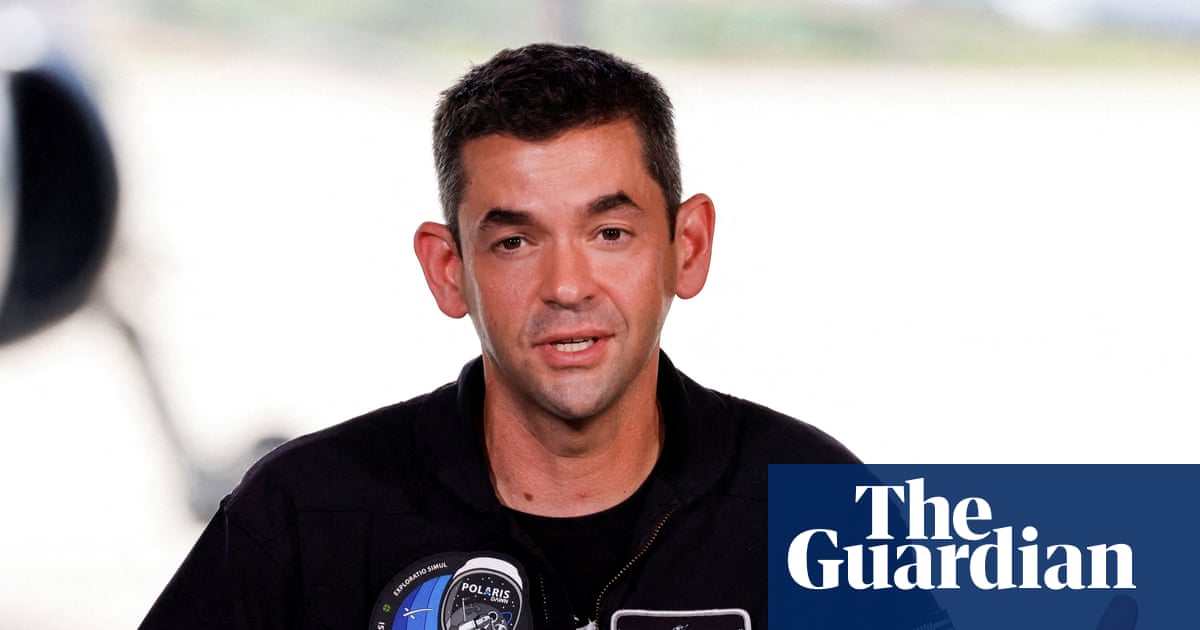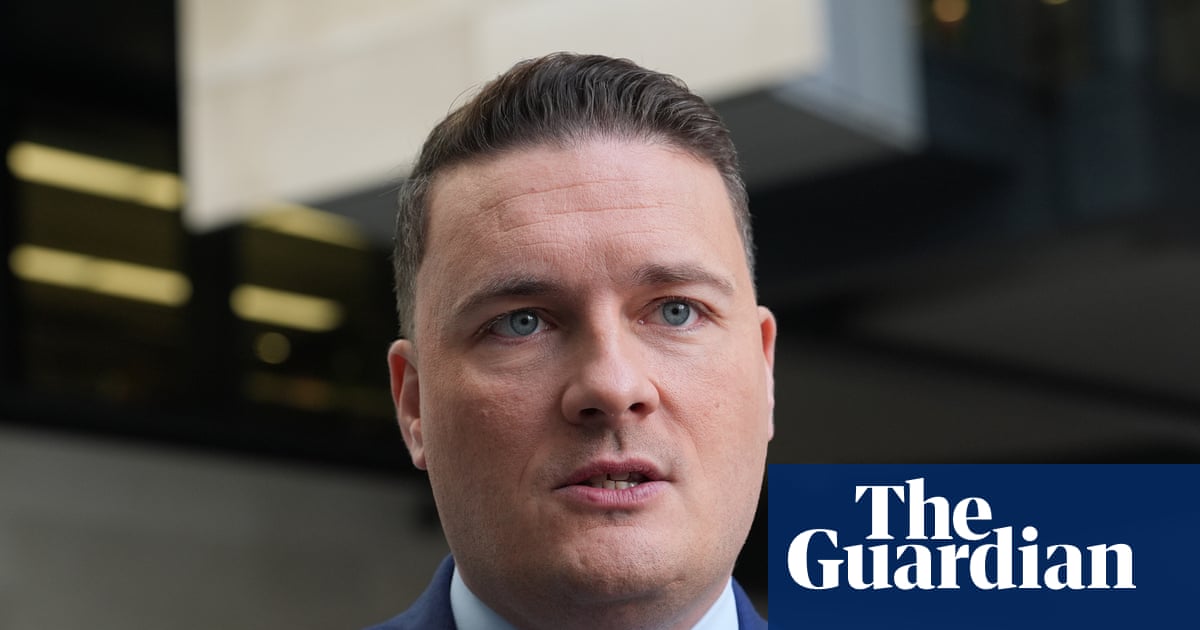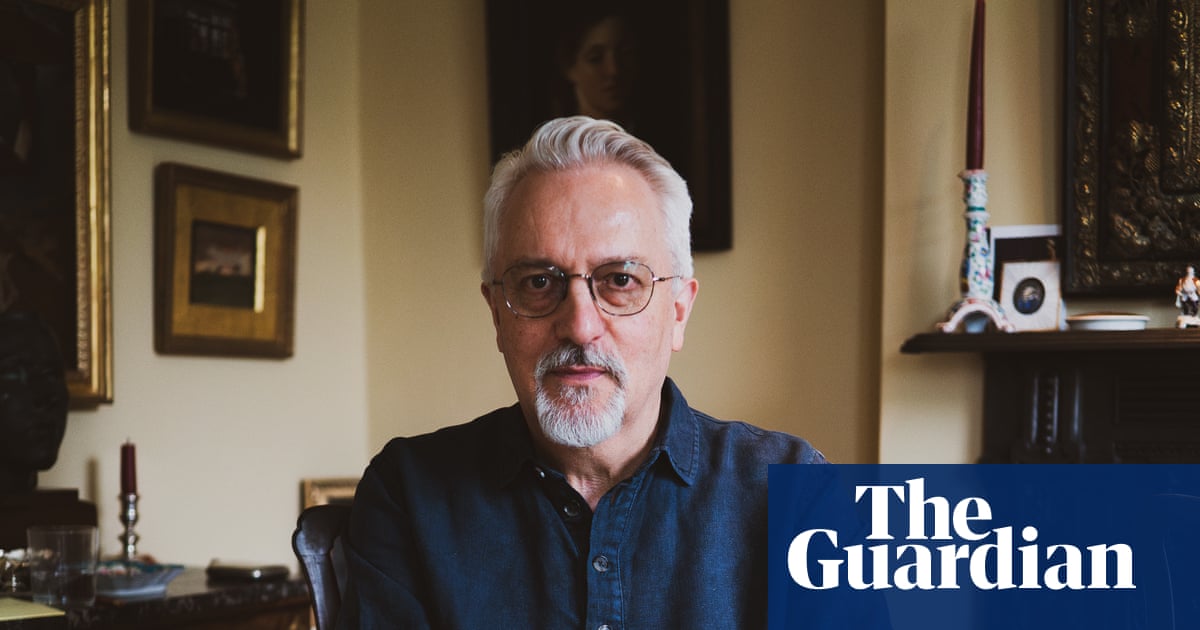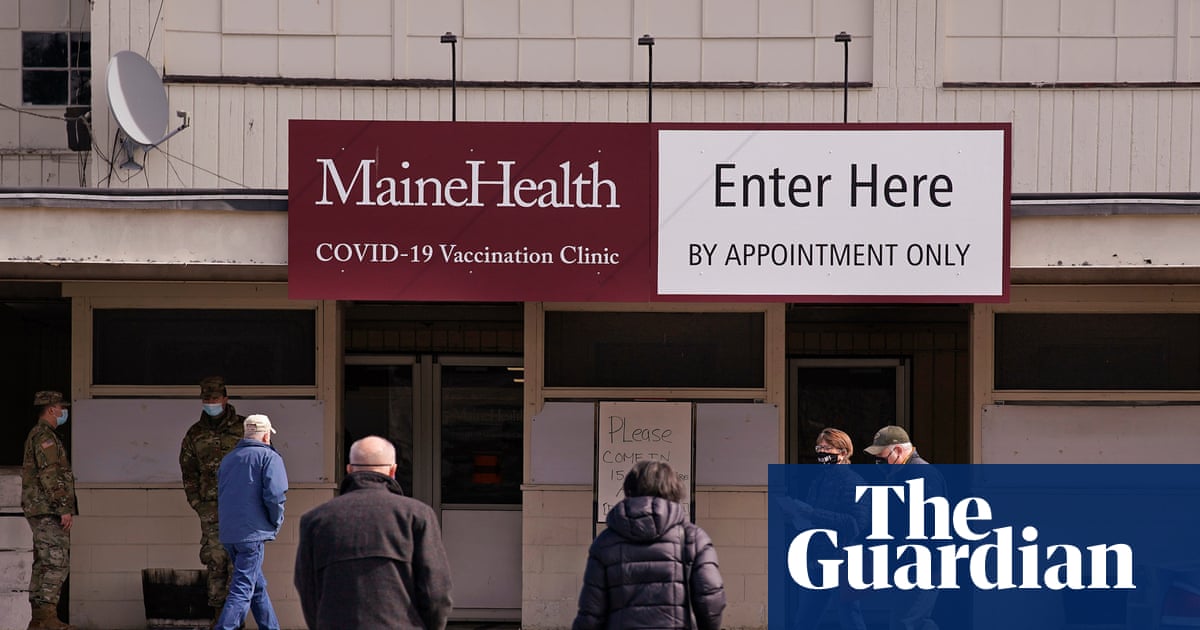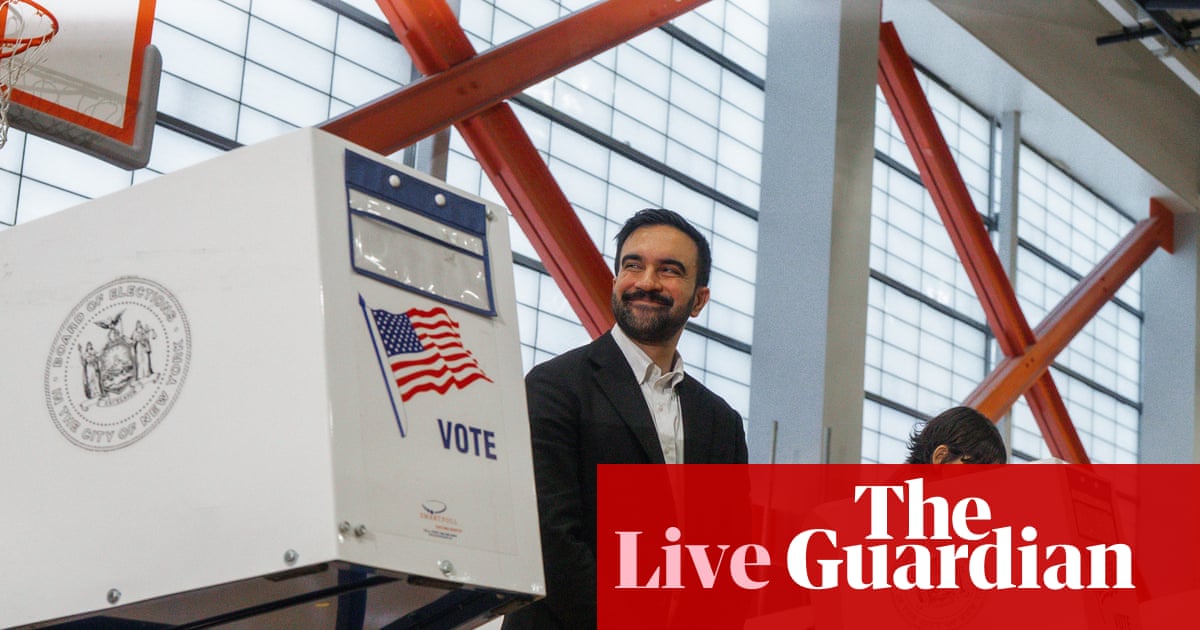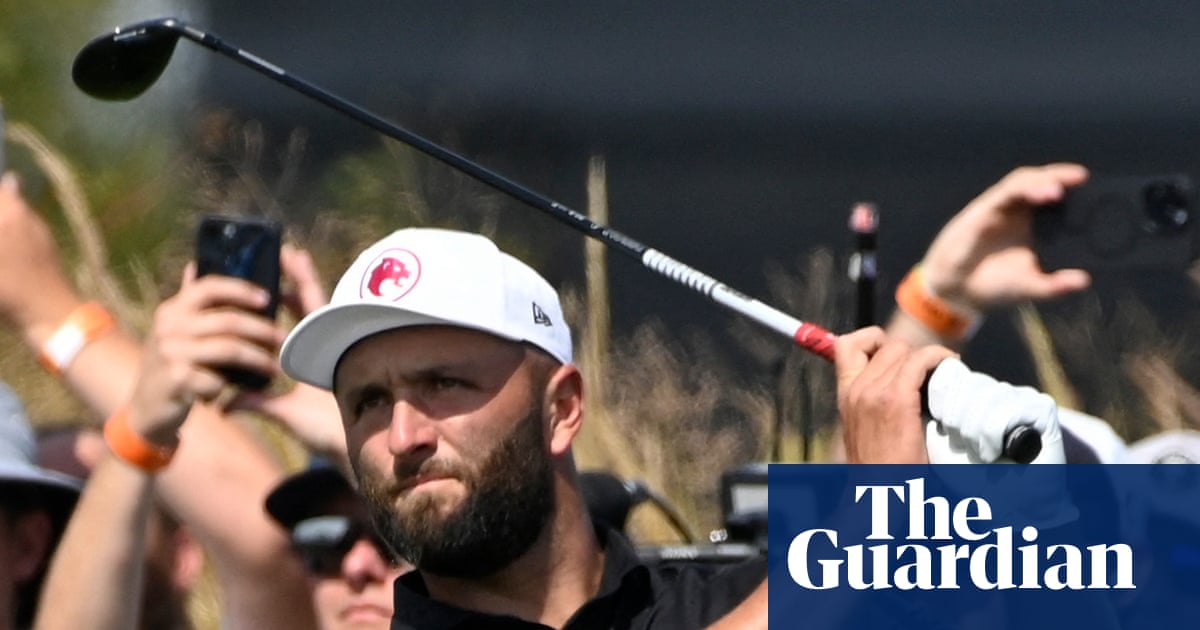Millions of children worldwide are at growing risk of serious illness and death due to declining infant vaccination rates, experts have warned, while the UK ranks worst of major western economies for MMR immunisation.
Figures released by the World Health Organization and Unicef show that more than 30 million children worldwide are not fully immunised against measles, mumps and rubella and 14.3 million children have not received a single routine infant vaccination.
While the figures show that measles coverage improved slightly last year, reaching 2 million more children than in 2023, vaccination rates have gone backwards in some middle- and high-income countries and stagnated in other regions, leaving children increasingly vulnerable to outbreaks of the disease.
Across 53 countries in Europe and central Asia, vaccination coverage dropped by an average of one percentage point on 2019 levels. In 2024, more than half of the countries in the region did not meet the 95% vaccination rate required to reach herd immunity for measles. Almost a third reported coverage below 90%.
Montenegro had the lowest coverage with just 23% children having their first MMR jab, while seven countries worldwide had rates below 50%.
The UK is the worst performer among G7 nations, the data shows. Only 89% of children received their first MMR jab in 2024, compared with 96% in Germany, 95% in France, Italy and Japan, and 92% in the US and Canada.
Reported measles cases worldwide continue to rise. WHO/Unicef estimates there were about 10m cases and more than 100,000 deaths from measles in 2023. The number of countries reporting large and disruptive outbreaks nearly doubled from 33 in 2022 to 60 in 2024. Cases in Europe doubled during 2024 and in the US they reached a three-year high.
Unicef warned that without concerted action, millions more children could die or fall seriously ill from measles. Ephrem Tekle Lemango, the chief of immunisation at Unicef, said while more children were being vaccinated overall and global coverage was “inching upward”, progress was “not keeping pace with the threat”.
He said: “In 2024 alone, over 20 million children globally missed their first measles dose and nearly 12 million missed their second – leaving dangerous immunity gaps that continue to fuel outbreaks.
“Measles is one of the most contagious viruses we face. Even small declines in coverage, especially in communities affected by conflict, displacement or weak health systems, can trigger devastating surges. To protect every child, we need to reach 95% coverage with two doses in every district, in every country. Until we do, millions of children remain at risk of serious illness or death from a disease we have the tools to prevent.”
Childhood immunisation rates for other communicable diseases also remain at pre-pandemic rates, well off the 95% needed for herd immunity. In all, 115 million infants and young children (89% of the total) received at least one dose of the diphtheria, tetanus and whooping cough (DTP) jab in 2024, while 85% had all three. Vaccination rates for polio and hepatitis B declined to 93% and 91% respectively.
Dr Hans Kluge, the WHO regional director for Europe, said: “Last year alone, nearly 300 000 people got whooping cough in our region, more than a threefold increase on the previous year. Meanwhile, over 125 000 caught measles in 2024 – twice as many as 2023. These are not just numbers, it’s hundreds of thousands of families in anguish because their children are sick, and it could have been prevented.
“Vaccines save lives, and when coverage drops, disease spreads. That’s why countries must invest in strong local health systems, ensure vaccines are available and accessible in every neighbourhood, and fight misinformation.”
Sabrina Bacci, of the European Centre for Disease Prevention and Control, said: “Strong routine immunisation systems are the best tool we have to protect us from diseases that can be prevented by safe and effective vaccines. This way, we protect ourselves and communities that are particularly vulnerable to diseases like measles, including children who are too young to be vaccinated or those who cannot be immunised for medical reasons.
“Vaccination is not only an act of self-protection but one of solidarity at the same time – and one which offers both immediate and long-term benefits.”

 3 months ago
76
3 months ago
76
